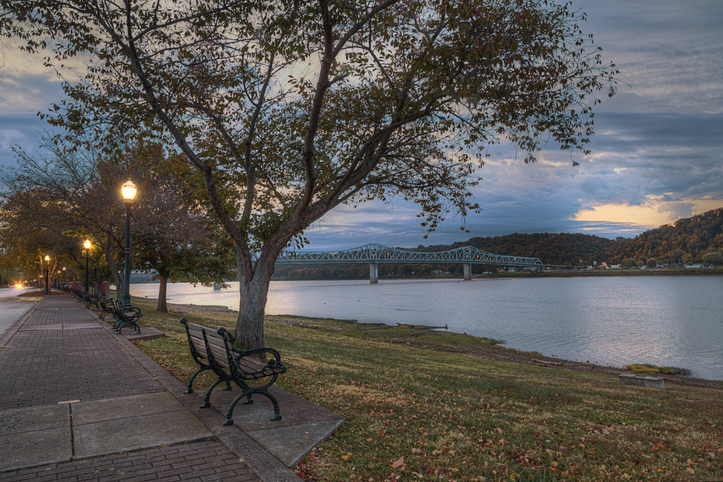WASHINGTON–The $1.2 trillion infrastructure bill that Democrats struggled to negotiate Friday, passed the U.S. House Friday night, on a vote of 228 to 206, with 13 Republicans voting with Democrats.
None of Indiana’s Republicans voted in favor of the bill.
“I believe that our nation needs federal investment in our nation’s aging highways, bridges, and other infrastructure to ensure that our nation thrives in the 21st century. While there may be individual pieces of this bill that would meaningfully invest in our nation’s infrastructure, this legislation in its totality misses the mark<‘ said Congressman Larry Bucshon.
LINK: The vote tally-who voted for and against the bill
Bucshon indicated earlier this week that he might be willing to vote for the plan under certain conditions, saying he hoped that Republicans and Democrats could come together and negotiate a solution acceptable to both sides.
“Only a fraction of funds contained in this bill are actually going toward critical infrastructure, with tens of billions in misaligned spending going towards Democrats’ pet priorities. More importantly, this bill is nothing more than a trojan horse proposal designed to enable the far-left Democrats to ram through their larger $1.85 trillion bill that is full of job-crushing tax increases and budget-busting spending,” he said.
To get the bill passed, moderate Democrats promised to vote for the companion bill, which was originally called an infrastructure bill and cost $3.5 trillion, by Nov. 15.
That cost has now been whittled to $1.75 trillion, with many key provisions take out.
Some Democrats did not vote for the bill, including representatives Ilhan Omar and Alexandria Ocasio-Cortez. Congressmen Andre Carson and Frank Mrvan, Indiana’s two Democratic representatives, voted to pass the bill.
“Today is a good day for Indiana and for our entire country,” said Carson. “ These pieces of legislation are the result of months of negotiations and conversations with a variety of stakeholders.”
Carson also voted to advance pieces of the “Build Back Better Act”.
“Let’s be clear; neither of these bills are perfect. There’s still much more we need to get done to grow our economy, create opportunity for all, reduce inequality, fight the climate crisis, and much more. However, these two pieces of legislation help us make major progress on all of those goals. I am confident the Build Back Better agenda will become law, and when it does, so many lives will change for the better.”













